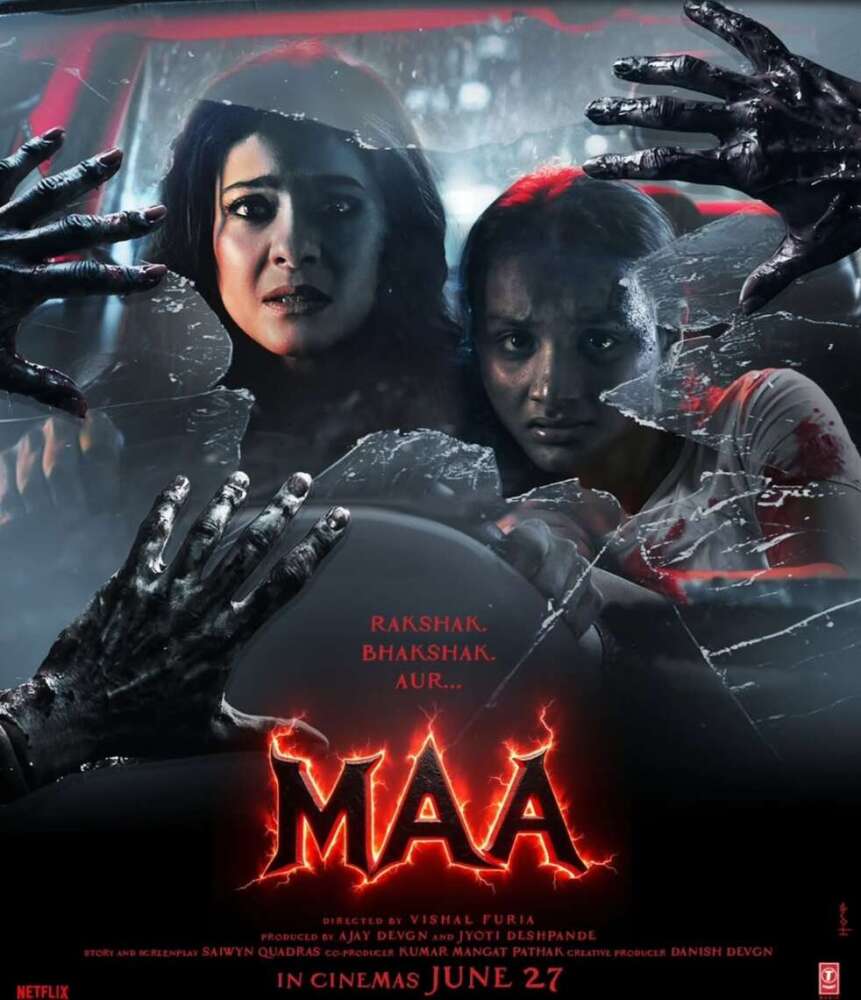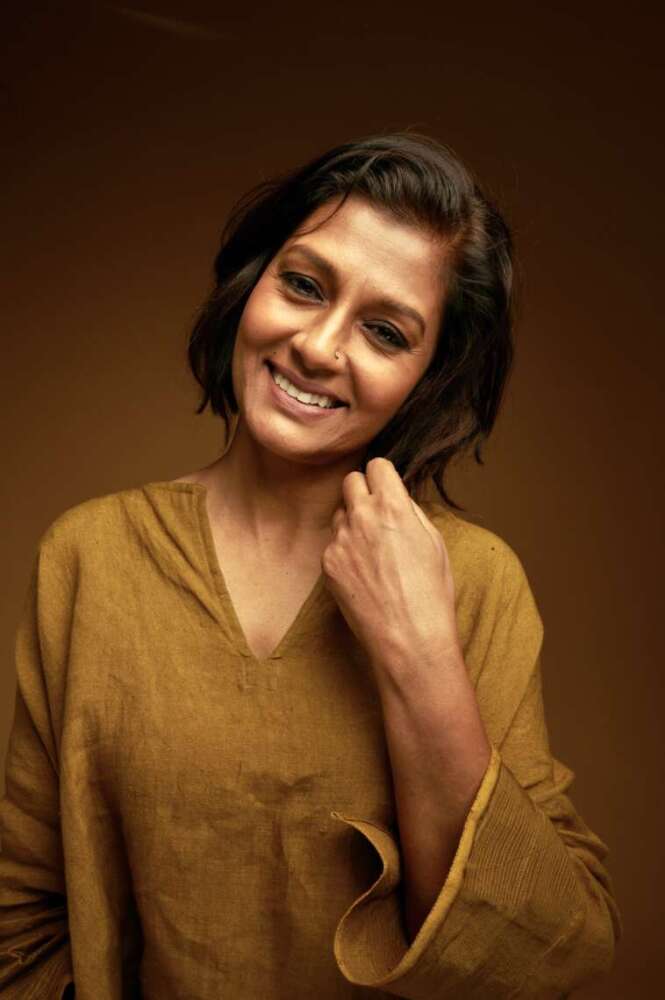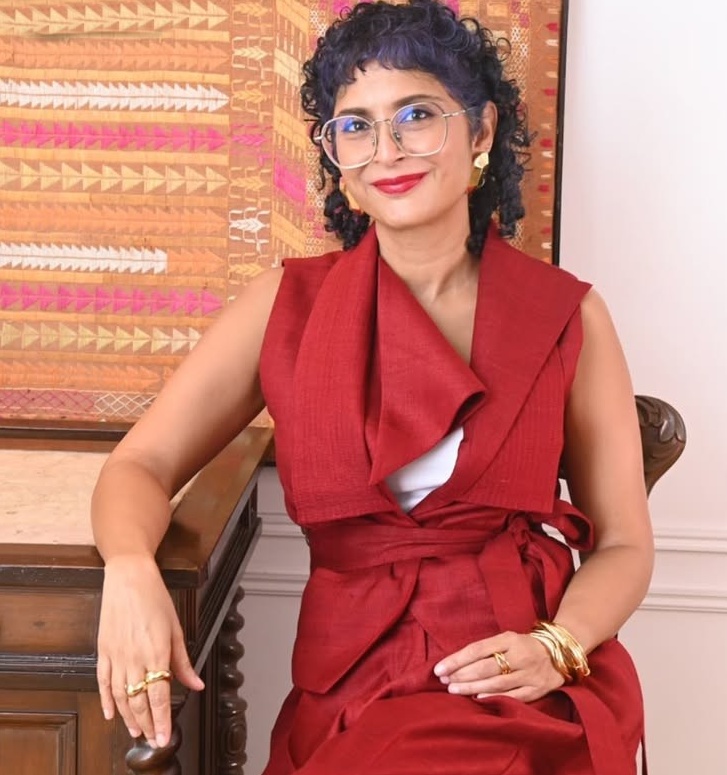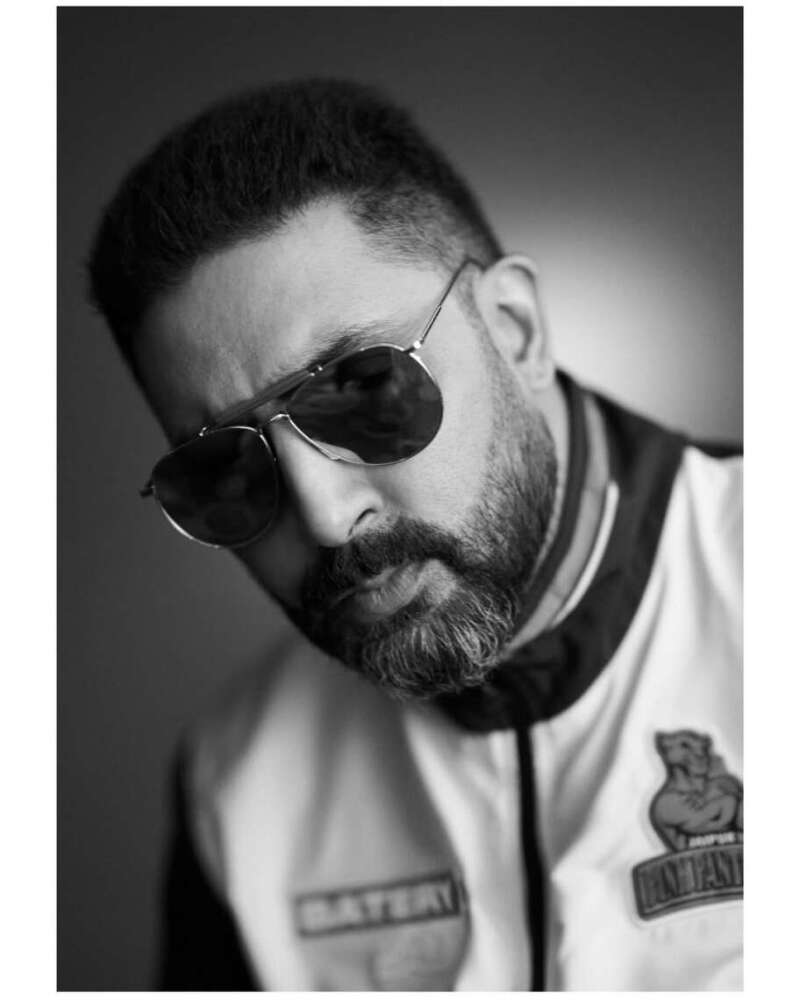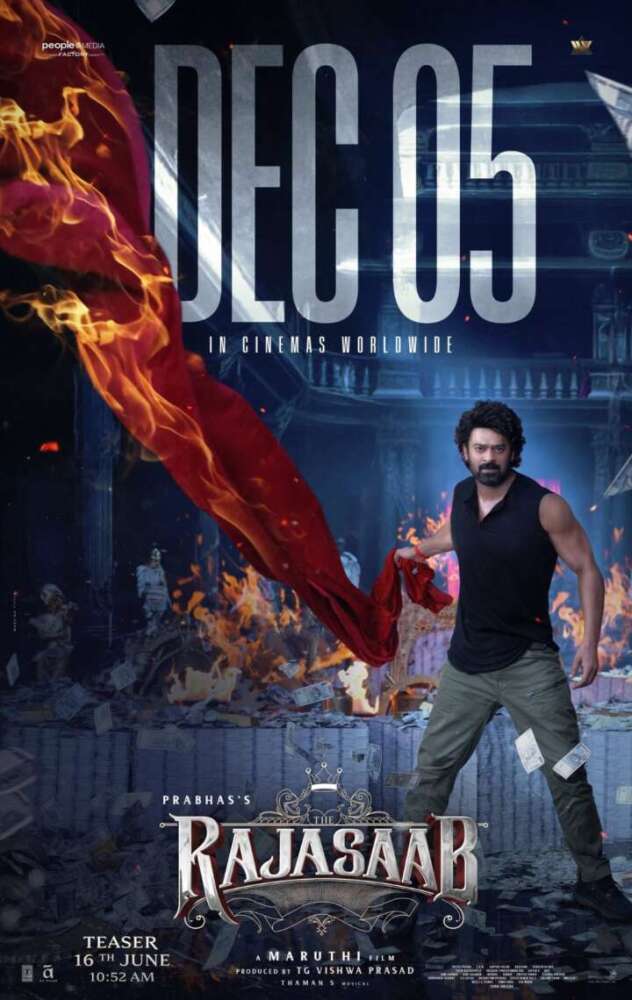
‘Masaan’ actress Shweta Tripathi Sharma says that performing arts will always exist. “I know we aren’t labelled as essential services but no matter what you do, you will always need entertainment,” she told in our interview.
Shweta, 35, has acted in “Timeloss”, a digital play produced by Akvarious Productions which premiered with Front & Centre, Paytm Insider’s theatre initiative, on August 29. Adapted and directed by Akarsh Khurana, “Timeloss” was originally written by the celebrated Iranian playwright Amir Reza Koohestani. The story highlights the complexities of lost time through the past and presents lives of two actors as they re-examine their relationship while revisiting a past production. The play’s cast includes Chaitnya Sharma, Dilshad Edibam Khurana, Shweta Tripathi Sharma, and Siddharth Kumar.

Q: On her engagement with theatre and acting
A: My parents and sister were always culturally inclined. Since I can remember, we used to watch the Prithvi Theatre Festival plays, visit Kamani auditorium in Delhi regularly, and watch Hema Malini’s dance recitals. My dad’s an IAS officer and mom’s a teacher, now both retired, and they believed that you get what knowledge you can from books but your personality develops through the arts. So ever since I was a child, I was encouraged to participate in extracurricular activities and I enjoyed being on stage. The support you get from your family and the life lessons they teach you are equally important as your craft and skills. How this has helped me through the years is that stage fright isn’t a feeling I’ve had. There are butterflies and excitement but never fear and theatre has helped me with that.
I only started acting professionally on stage once I moved to Bombay (Mumbai). One thing that I am very grateful for is Thespo, a youth theatre festival that introduced me to the theatre circuit in Bombay. Back then whenever I imagined telling a story, it was always on stage. My closest friends are from theatre, I met my husband through theatre, so it’s given me a lot. I’ve also learnt a lot from theatre workshops at Adishakti Theatre, Pondicherry and the Intensive Drama Programme by Theatre Professionals.
Q: On her experience with ‘Timeloss’
A: Akarsh Khurana reached out to my husband, Chaitnya Sharma, and I to act in his new digital theatre production of Timeloss. We’ve known him, loved him and worked with him for many years so we were very excited by this new prospect of working together. The production tells the story of two actors who used to be a couple and had shot a short film together who are required to come together ten years later to revisit it. Chaitnya and I play the younger couple in the short film, while Siddharth Kumar and Dilshad Edibam Khurana play our characters ten years on. So our part was actually shot like a short indie film that is set in a house. We worked on our scripts and then met for rehearsal one day prior to our shoot. And then spent an entire day shooting our scenes. The shoot was just us, the directors, DOP and producer in an apartment so we managed to get the work done while being safe. The other part of the play is perhaps more challenging as it was shot individually by Siddharth and Dilshad and therefore required far more rehearsal and technical coordination.
Q: On how she gets ‘into the character’
A: What’s different about the stage from the camera is that you get a lot of rehearsal in theatre. We rehearse until we not only understand our characters and lines but also our presence in the play and with the other characters. That’s not the case when we work on camera. Every character has a different journey and every actor has a different process. So for the stage, understanding the script is always very important to me – the where what, who, why of my character. Two other things that are important to me are – I always try to find the fragrance of my character, and I make a music playlist that my character would listen to.

Q: On the theatre community during these unprecedented times and the post-COVID recovery
A: I think the performing arts will always exist. I know we aren’t labelled as essential services but no matter what you do, you will always need entertainment. We are here and we love doing this. So I am hoping that, even though theatre has been hit due to the pandemic, we will find a way to continue. When it is safe for people to assemble in theatres, we will be back. But until then, we are lucky to have been enabled by the webspace to create new content and put ourselves out there. Platforms like Paytm Insider, where Timeloss will be streamed, have allowed us to create and experiment with this new medium.
Q: On lockdown and her upcoming plans.
A: The lockdown period has been a spiritual journey for me. I have realised the kind of work I want to do and that it would take time to do it. It’s good to be choosy and also every time you play a new character the journey is emotional as well as physical. So I think it’s important to pick where you give your energy. I am very grateful and feel blessed for the kind of projects I have been doing. ‘Raat Akeli Hai’ just released on Netflix and there is ‘The Gone Game’ that released on Voot last week. ‘Cargo’, a science fiction film with Vikrant Massey, directed by Aarti Kadav, will release on 9 September and of course, ‘Mirzapur’ Season 2 will be out on 23 October. I also have look tests coming up for a new show that I can’t talk about. So there is work happening and I hope that I am always here entertaining everybody because I love doing that.
Also Read-Be Vocal With Your Fashion




